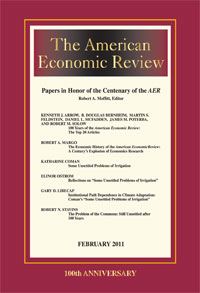![]() Less than a week after publishing a much-discussed hoax paper, a scholarly publisher has acknowledged that it had chosen reviewers for the paper whose “expertise did not fully align with this subject matter.”
Less than a week after publishing a much-discussed hoax paper, a scholarly publisher has acknowledged that it had chosen reviewers for the paper whose “expertise did not fully align with this subject matter.”
The subject matter: that the penis should not be considered an anatomical organ, but more as a concept – “a gender-performative, highly fluid social construct.” Upon publication, the authors immediately admitted the paper was a prank, arguing that its publication illustrates a lack of intellectual and scientific rigor in some social sciences, especially gender studies. But others have questioned whether it really demonstrates that at all.
In response to the revelation of the hoax, Taylor & Francis associate editorial director Emma Greenword published a statement about the process that led to this entanglement: Continue reading Publisher blames bad choice of reviewer for publication of hoax paper on penis as “social construct”
 Citation omissions in an economics preprint have set off a wave of recrimination and speculation on a widely read economics discussion board.
Citation omissions in an economics preprint have set off a wave of recrimination and speculation on a widely read economics discussion board.
